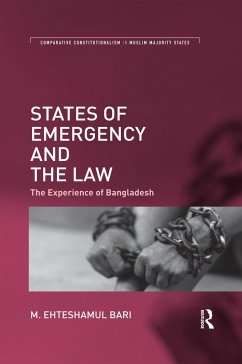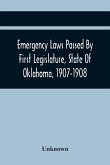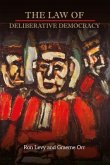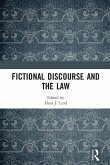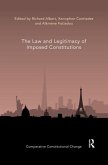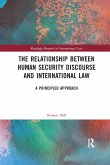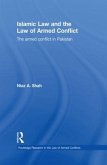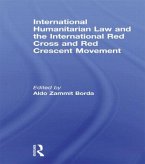In Bangladesh, the absence of effective constitutional safeguards for governing emergency regimes has resulted in each of the five emergencies being invoked on the imprecise ground of internal disturbance. Two of these emergencies were even continued after the alleged threat posed to the life of the nation was over. Furthermore, during these five periods of emergency, either all or most of the fundamental rights guaranteed by the Constitution were suspended and the power of preventive detention was abused. Since no systematic and structured research has so far been carried out evaluating the Bangladeshi Constitution's provisions concerning the proclamation of emergency,suspension of fundamental rights and preventive detention, and the invocation of these extraordinary measures, this book will enhance knowledge by identifying the flaws, deficiencies and lacunae of the constitutional provisions concerning these exceptional measures. Consequently, based on these findings, recommendations will be put forward to rectify these defects from comparative constitutional law and normative perspectives. The outcome of this book will not only establish the best means for ensuring the maintenance of the rule of law but also for preventing undue intrusion on the fundamental human rights of individuals during emergency situations in Bangladesh. This book will be of great interest and use to scholars and students of comparative constitutional law, human rights law and Asian law. Given the law reform analysis undertaken in this work, it will also be beneficial for the policy makers in Bangladesh and for the policy makers of constitutional polities facing similar problems with the issue of constraining the exercise of emergency powers.
Hinweis: Dieser Artikel kann nur an eine deutsche Lieferadresse ausgeliefert werden.
Hinweis: Dieser Artikel kann nur an eine deutsche Lieferadresse ausgeliefert werden.

